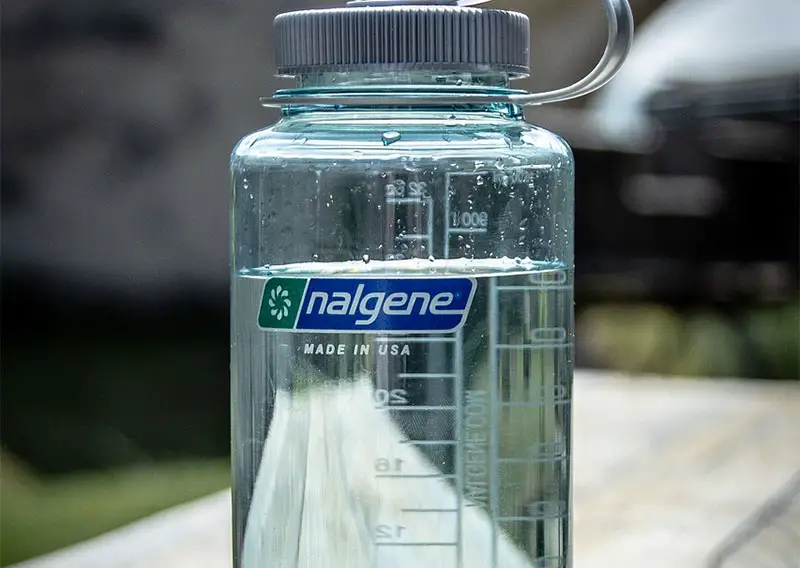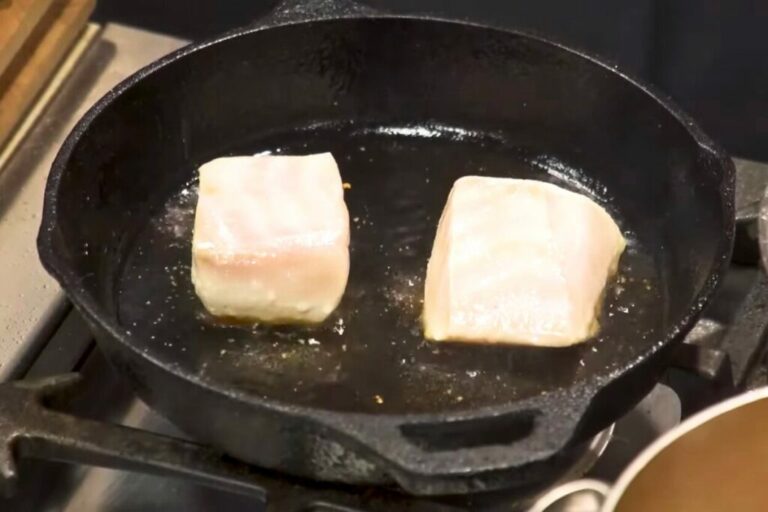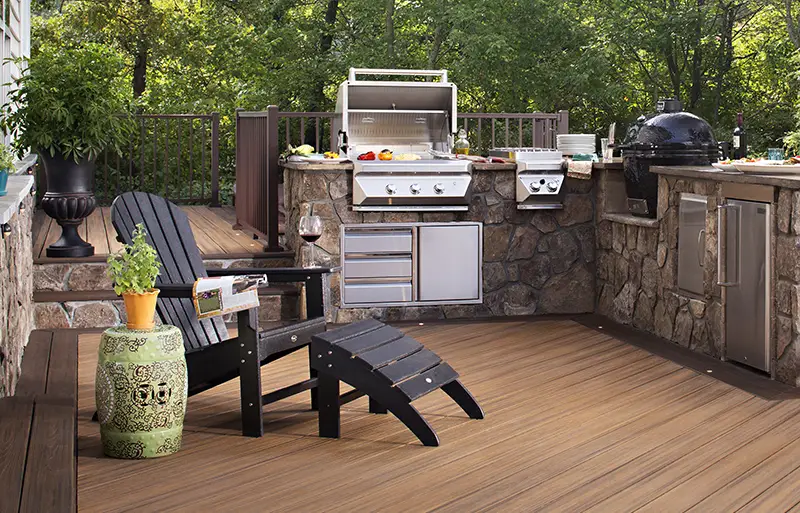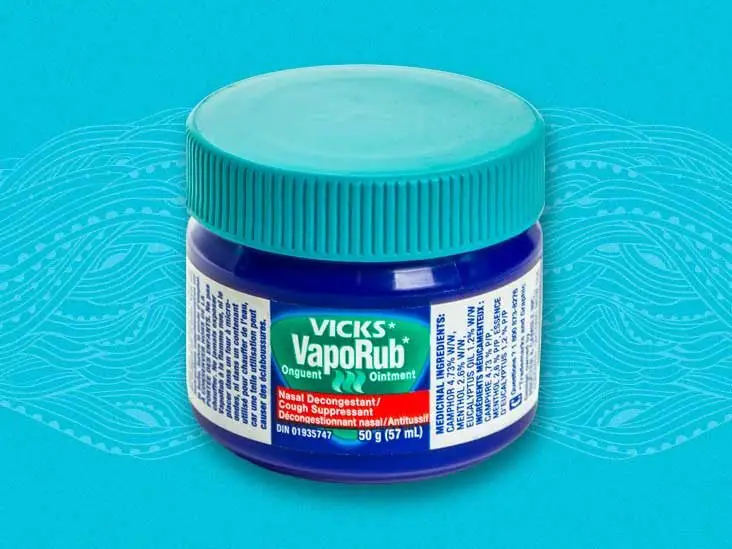Tupperware is a brand name that has become synonymous with plastic food containers for many households worldwide. Since its invention, Tupperware revolutionized how we store our leftover foods and maintain their freshness, but is it safe to put boiling water in Tupperware? In this article, we seek to understand the properties of Tupperware, the risks associated with putting boiling water in them, as well as alternative options and safety tips.
Understanding Tupperware and its Properties
Tupperware is made from various types of plastic, such as polyethylene terephthalate (PET), low-density polyethylene (LDPE), or polycarbonate (PC). These materials are combined and molded into different shapes and sizes to create the popular airtight containers. The characteristics of these materials cause Tupperware to be durable while capable of flexing without breaking easily. One vital advantage of using Tupperware is their chemical resistance which allows them not to absorb any odors or taste from stored foods over time.
However, one concern with using these containers has been the extent of their heat resistance. Heat can cause some plastics to leach chemicals into their contents at elevated temperatures.
Safety Standards for Tupperware
There are several regulatory organizations responsible for testing and approving food containers that determine whether they meet the highest safety standards before allowing them into the market. In particular, food-grade plastics must comply with regulations set by federal bodies such as the Food and Drug Administration (FDA) in the United States.
These organizations lay out temperature requirements for food storage products such as plastic containers. They have also set limits on what maximum temperatures are appropriate for various types of plastics that manufacturers use to produce kitchen wares like Tupperwares.
Risks Associated with Putting Boiling Water in Tupperware
Whenever boiling water comes into contact with plastic materials such as those used in making kitchen wares like Tupperware, several things can happen. The main concerns you should have include the transfer of chemicals into the water from plastic, release of toxic substances from the plastic and resulting physical degradation or melting of plastics.
Debunking Myths About Putting Boiling Water in Tupperware
It is essential to bust some myths about putting boiling water in Tupperware so that we may have a better understanding of how to utilize our food storage containers safely and effectively.
• “All Plastic Containers are Created Equal” Myth. One myth suggests that all plastic containers can withstand hot liquids or boiling water. This generalization is incorrect as different types of plastics react differently under varying levels of heat.
• “I have been doing this forever” Myth. Another popular belief is that we have been using Tupperware with boiling water for years, so it must be safe. However, just because something has been done before doesn’t mean you should continue doing it without understanding the potential harm that could arise.
• “Tupperware’s high cost means that it’s safe to store hot food inside” Myth. Although Tupperwares tend to have a higher price range than other brands on markets, their prices cannot be used to justify their temperature resistance capabilities fully.
How to Safely Use Plastic Containers When Storing Hot Beverages
If you want to use plastic containers safely when storing or heating your beverages, here are tips on how you can avoid chemical contamination:
- Opt for microwave-safe containers – if a container has a “microwave-safe” label or symbol, it means it meets safety requirements regarding temperature stability and non-toxicity when exposed to microwaves
- Use glass, ceramic or stainless steel instead – these options do not leach harmful substances when exposed to high temperatures.
- Only add warm liquids and not boiling liquids – To ensure your plastic kitchen items don’t degrade over time or release toxic substances, only pour warm drinks instead of boiling drinks into them.
Conclusion
In conclusion, placing hot or boiling water in Tupperwares can cause unforeseeable dangers to our health in the long run. While chemical reactions and toxicity at lower temperatures may not be immediately visible, these effects can accumulate over time and lead to severe consequences. It’s best to use safer options when looking for containers that are non-toxic and safe, such as glass, ceramic and stainless steel products.
Always watch out for microwave-safe labels before using plastic containers in microwaves. Similarly, heat-resistant glass products should be used when heating beverages saturated with high temperatures. By following these safety tips provided herein, you can avoid exposing yourself or your family to potentially harmful substances linked with storing tea or drinking hot beverages from poorly suited kitchen wares like Tupperware.
Q&A
Q: Can Tupperware melt if it comes in contact with boiling water? A: Tupperware products are made of lightweight, durable plastic that can withstand high temperatures. However, repeated exposure to boiling water or microwaving at high temperatures may cause the plastic to warp or melt over time.
Q: Are all types of Tupperware safe for use with hot liquids? A: Not all types of Tupperware are designed for use with hot liquids. Always check the manufacturer’s instructions before using any container with boiling water or other high-temperature liquids.
Q: Is there a risk of chemicals leaching into food from Tupperware when exposed to boiling water? A: Most Tupperware containers are made from BPA-free materials that are considered safe for use with food and drinks. However, if you’re concerned about chemicals leaching into your food, it’s best to choose glass or stainless steel containers instead.
Q: Can Tupperware produce harmful fumes if used with boiling water? A: When heated, some plastics can release harmful fumes that may be harmful to health. To minimize the risk of this occurring, only use Tupperware products as directed and never heat them to temperatures exceeding their recommended limit.




